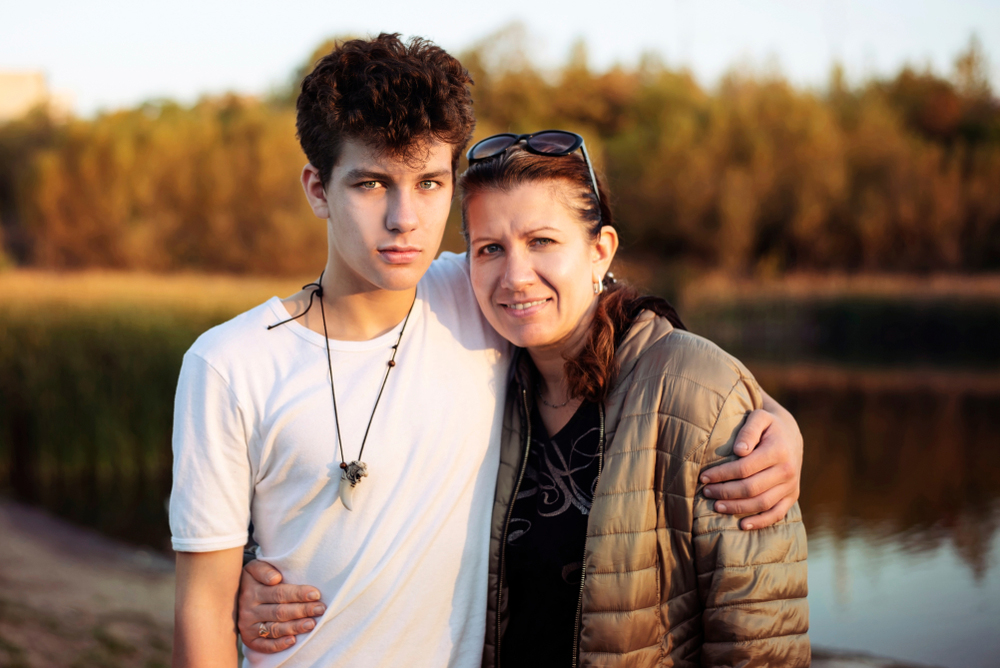PACE Recovery Center is proud to work with expert clinicians who specialize in issues that contribute to substance use disorder. Our own Brett Furst, PsyD, LMFT was recently published by the prestigious National Council for Adoption in this June’s Adoption Advocate. His paper, “The Intersection of Adoption and Addiction,” covers the link between adoption, attachment issues, trauma and the eventual development of a substance use disorder. Below is a brief summary of Dr. Furst’s paper; to read the complete publication, please visit the link at the bottom of this article.
—
Deciding to open your heart and home to a child by becoming an adoptive parent is one of the most selfless things you can do. Parents of adoptive children may encounter many unique parenting challenges, especially when taking in older children like adolescents. One of these could be the intersection of adoption and addiction.
What Is the Link Between Adoption and Addiction?
Research shows that adoptees are almost twice as likely to have substance use disorders as those who were not adopted. Addiction is a complex illness with many interconnected risk factors, including genetics and environment. Parental substance abuse is a primary reason children enter the foster system. Unfortunately, this family history can predispose them to develop chemical dependency issues.
As the founder of PACE Recovery’s Adoption Center and an adoptee, Dr. Brett Furst describes addiction as a disease primarily rooted in two things – escapism and attachment. Even if you do your best to provide a stable, loving home, an adopted child might still struggle to trust and accept you after all the upheavals they have experienced.
While adoptees desire a sense of connection, they have frequently learned to view close relationships as risky. As a result, they may start searching for ways to escape from challenging emotions like fear and guilt. In these cases, drugs and alcohol could become a coping mechanism to compensate for a perceived lack in an adopted young adult’s life.
Adoption and Trauma
Adoptees often carry a significant burden of trauma, usually starting from a young age. Adverse childhood experiences like abuse and neglect can leave their mark on young people who lack the context or emotional maturity to process what has happened to them.
Adoption tends to cause feelings like loneliness, helplessness, anger and abandonment, even though many adoptive parents spare children from the toxicity and dysfunction created by their birth families. Though they may recognize that their biological parents were unreliable, they could still hope for a reunion. A deep-seated fear of abandonment might also make them anxious that their new family might eventually reject them. These feelings can leave adoptees looking for a release in the form of drugs and alcohol.
Adoption-Related Treatment Specialists
It is not inevitable that adopted children will develop substance use disorders later in life. Even if an adoptee goes on to struggle with addiction as an adult, he can still live a healthy and fulfilling life by seeking treatment.
PACE Recovery has successfully treated many clients who come from adoptive homes. Over the years, we have created specialized programming that caters to adoptees’ unique circumstances, needs and concerns. We use specialized approaches to treat adopted people for the underlying issues that contributed to their substance use or mental health disorder, including attachment-focused therapy.
If you’re an adoptive parent of a young adult man who grapples with substance misuse and drug dependency, healing is possible. Often, clients who come to PACE Recovery have trouble dealing with the ramifications of the trauma and instability men face starting in early childhood. Contact us to learn more about healing your family.
To read the full text of Dr. Furst’s publication, click here.



